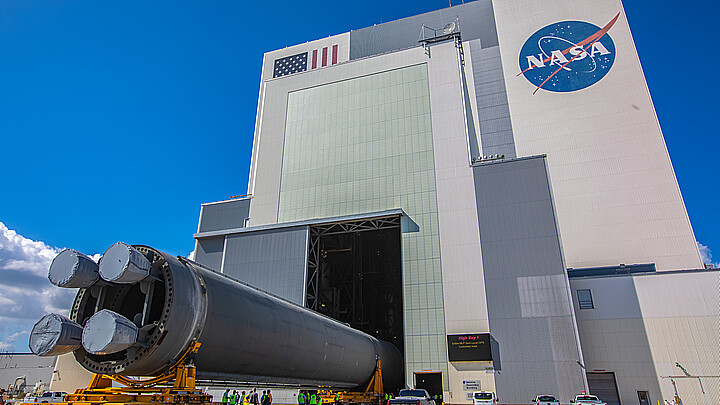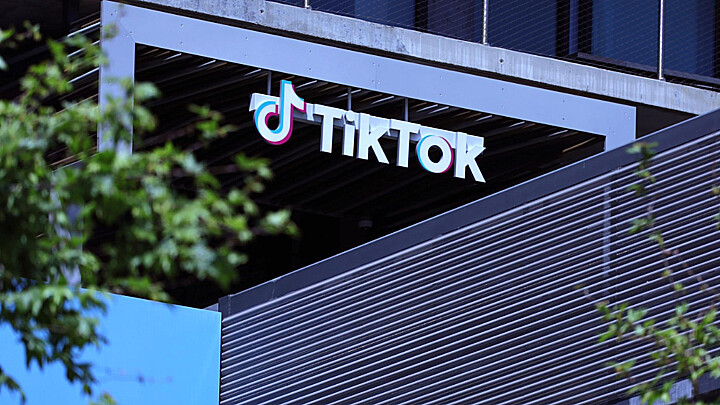Technology
Bill aims to team private, public sector for automated vehicle technology
A bill introduced in Lansing aims to prepare for autonomous vehicle roadways in Michigan. Sen. Ken Horn, R-Frankenmuth, sponsored the bill.
October 29, 2021 11:30am
Updated: November 7, 2021 10:49am
A bill introduced in Lansing aims to prepare for autonomous vehicle roadways in Michigan.
Sen. Ken Horn, R-Frankenmuth, sponsored the bill.
“Technology has grown well beyond what many of us ever thought possible, and it has done so very quickly,” Horn said in a statement. “Michigan is the home of the automobile, and we need to solidify Michigan as the future of the automobile as well.”
Senate Bill (SB) 706 seeks to allow the Michigan Department of Transportation (MDOT) and Office of Future Mobility to work with the private sector to create and put into use automated vehicle roadway (AVR) technology in the state of Michigan.
The legislation follows recommendations from the Council on Future Mobility and Electrification.
“A lot of our previous efforts have been focused on smart cars, but as we see more and more growth in the electric and autonomous vehicle industry, we need to make sure we’re ready to take on the next chapter,” Horn said. “Smart cars need smart roads.”
MDOT Director Paul C. Ajegba agreed.
“While Michigan has been a leader in developing and deploying mobility technology, the state needs to keep up with technological advances and adopt policies that promote growth in the industry in order to continue leading this sector,” Ajegba said in a statement.
Currently, most Michiganders drive gas-powered vehicles. The Secretary of State’s office counts 5.8 million gas vehicles, and 13,545 EVs, and 105,651 hybrid vehicles registered in the state. But Gov. Gretchen Whitmer and her administration have prioritized electric vehicle infrastructure.
“We are pleased to collaborate with Senator Horn on this groundbreaking legislation because we know how important connected and automated vehicles will be to the automotive industry in our state and the safety of Michigan motorists,” Ajegba said. “If we want to continue to lead in this sector, the law must be amended to facilitate emerging smart infrastructure technology.”
Office of Future Mobility and Electrification Chief Mobility Officer Trevor Pawl said the state needs to establish its continuing leadership in the auto industry.
“For Michigan residents to experience the future benefits that connected and autonomous vehicles can provide, we need to develop responsive mobility policies today,” Pawl said in a statement. “This legislation puts Michigan in a leadership position when it comes to setting global standards for the future of transportation infrastructure, smart cities, and vehicle safety."
As of Nov. 2020, Michigan ranked 14th-to-last in the nation for the number of EV chargers per 100,000 people and most residents don’t drive EVs.
SB 706 was referred to the Senate Committee on Economic and Small Business Development for further consideration.










